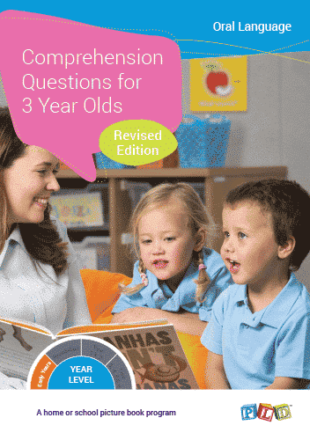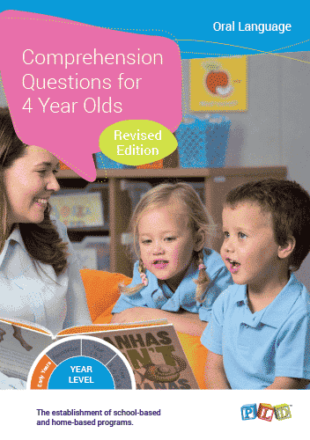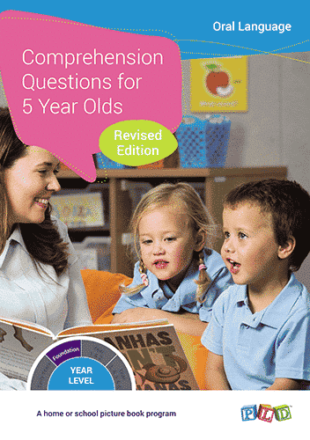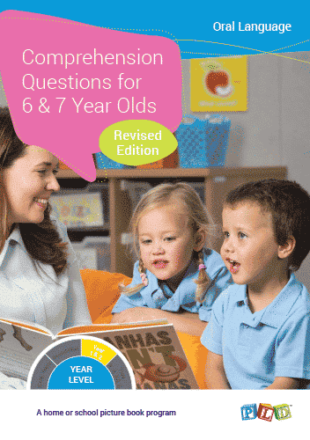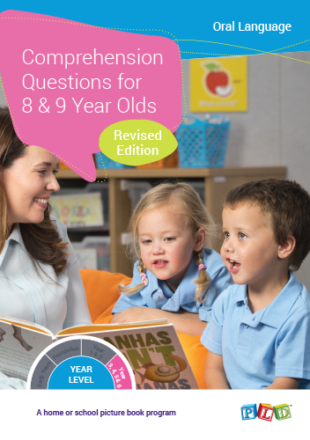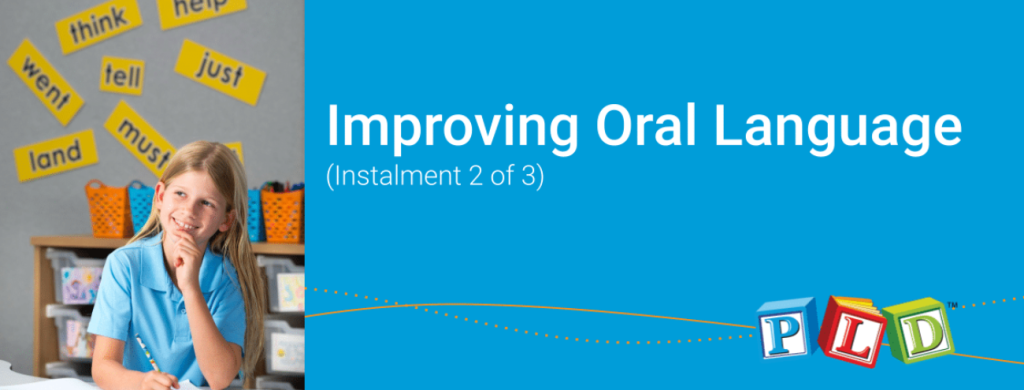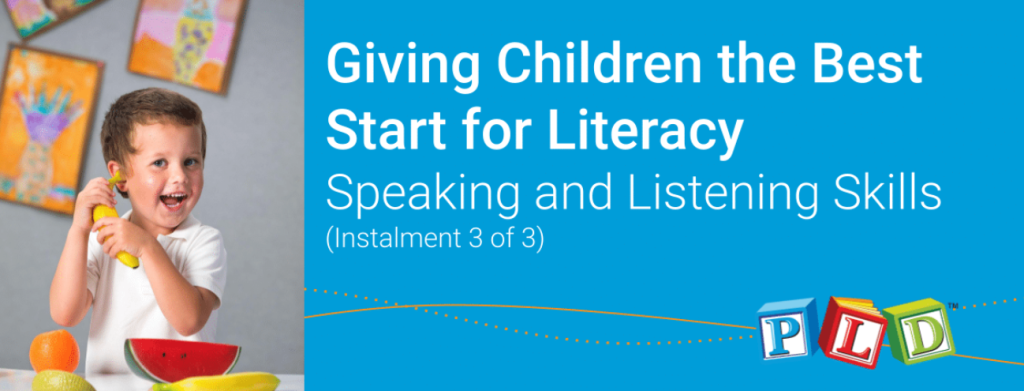Strong vocabulary and oral language skills form the foundation of literacy and academic success. A solid foundation of oral language helps children become successful readers and strong communicators. These skills also foster a child’s confidence and overall sense of wellbeing.
The ability to apply oral language effectively impacts all areas of a child’s life; from their ability to learn in the classroom, their relationships with others, and their academic achievement; to their sense of self. There is evidence reporting that reduced oral language competence can lead to mental health problems, such as depression and anxiety, which may persist into adulthood.
So how can educators support children to develop strong vocabulary and oral language skills?
The Need for a High-Quality Language Environment
The development of these skills requires a rich language environment which in turn creates a high-quality learning environment. A rich language environment is one in which there are regular and varied language experiences including multiple opportunities to:
- Developing vocabulary skills by listening to a range of quality children’s picture books
- Developing vocabulary skills by asking & answering questions
- Developing vocabulary skills by talking about experiences
- Developing vocabulary skills via storytelling & retells
Hart and Risley’s (1995) research showed a strong correlation between the number of words a child is exposed to and the size of the vocabulary they develop:
- Three-year-old children who heard over 2,000 words an hour had vocabularies of approximately 1,116 words.
- A three-year-old child who heard only 600 words per hour had vocabularies of just 525 words.
However, it is not just the quantity of language but also the quality of language a child is exposed to that matters.
The Principles of Creating a Rich Oral Language Environment in the Home and Practising Vocabulary Skills
- Children learn what they hear: repeated exposure to words, books and conversation allows a child to improve their vocabulary by learning new words and developing strong oral language skills.
- Children learn words for things and events that interest them: rather than trying to divert a child’s attention, talk about what they are looking at and what they show an interest in. Children will learn more when they are interested than when they are drilled.
- Children learn best when they are engaged and interacting: talk with a child rather than at them, expand on what the child says, comment on what the child is interested in and ask lots of questions.
- Children learn best in meaningful contexts: playing with a child and engaging with them facilitates greater learning opportunities than direct instruction. For example, while playing with blocks an adult can model spatial language such as “Put the block behind the green block.” Or teaching math language during play with toy animals such as “Which one is bigger? How many sheep are there? Let’s make the same number of chickens in each pen.”
- Children need to hear a wide range of examples of words and language structures: quality is important, not just quantity. Talk with children about lots of topics, read a wide range of books and sing lots of songs and rhymes.
Home and School Working Together to Foster a Rich Language Environment
Home & Vocabulary Skills
Repeated exposure to a rich language environment results in successful communicators, readers and writers. In order to prepare children for school, parents need to understand the importance of oral language and be encouraged to communicate with and read to their child from a very early age building on their child’s vocabulary skills. For more information on how parents can prepare their children for school, keep an eye out for the third installment in our Oral Language series this term Giving children the best start for literacy (speaking and listening skills).
School & Vocabulary Skills
With schools under pressure to produce results in literacy, children are being introduced to reading and writing in the Early Years and Foundation. However all the research indicates that without a strong foundation in oral language skills, children will not develop competency in reading and writing. Many children are missing out on important oral language skills and schools would be wise to incorporate a systematic approach to teaching oral language skills in these foundation years. See PLD’s Whole School Literacy Plan for a full scope and sequence. This document outlines a whole school plan for the explicit and systematic targeting of oral language.
Conclusion About the Importance of Vocabulary Skills
There is a significant link between higher levels of oral language skills and written language. PLD’s approach to literacy is based on the understanding that a child’s vocabulary skills, sentence structure, comprehension and ability to process verbal instructions and communicate thoughts and ideas are directly linked to overall academic outcomes. PLD believes most children require home and school to work together to help children maximise their potential. Schools are in an excellent position to provide quality information to the families within their community and provide support for students to develop strong oral language skills. For more information on how schools can support oral language development, see the second installment in our oral language series Improving Oral Language.
-
Comprehension Questions for 3 Year Olds$82.50$82.50 incl. GST
-
Comprehension Questions for 4 Year Olds$82.50$82.50 incl. GST
-
Comprehension Questions for 5 Year Olds$82.50$82.50 incl. GST
-
Comprehension Questions for 6 and 7 Year Olds$82.50$82.50 incl. GST
-
Comprehension Questions for 8 and 9 Year Olds$82.50$82.50 incl. GST
Further Readings in this Series:
PLD Underpins High-Performance
The 2015 Department of Education Western Australia study, conducted by Professor William Louden, selected nine top-performing schools based on their NAPLAN results and reviewed their processes. The report, “High Performing Primary Schools: What do they have in common?” noted key characteristics included lower variation in teaching methods and the use of explicit teaching strategies for teaching phonological awareness and phonics.
Five From Five, AUSPELD and Learning Difficulties Australia have collaborated to create an evidence-based framework for schools which aims to dramatically reduce the number of children who finish primary school unable to read. PLD has been identified as one of the evidence-based SSP programs (refer to page 17).



 print
print